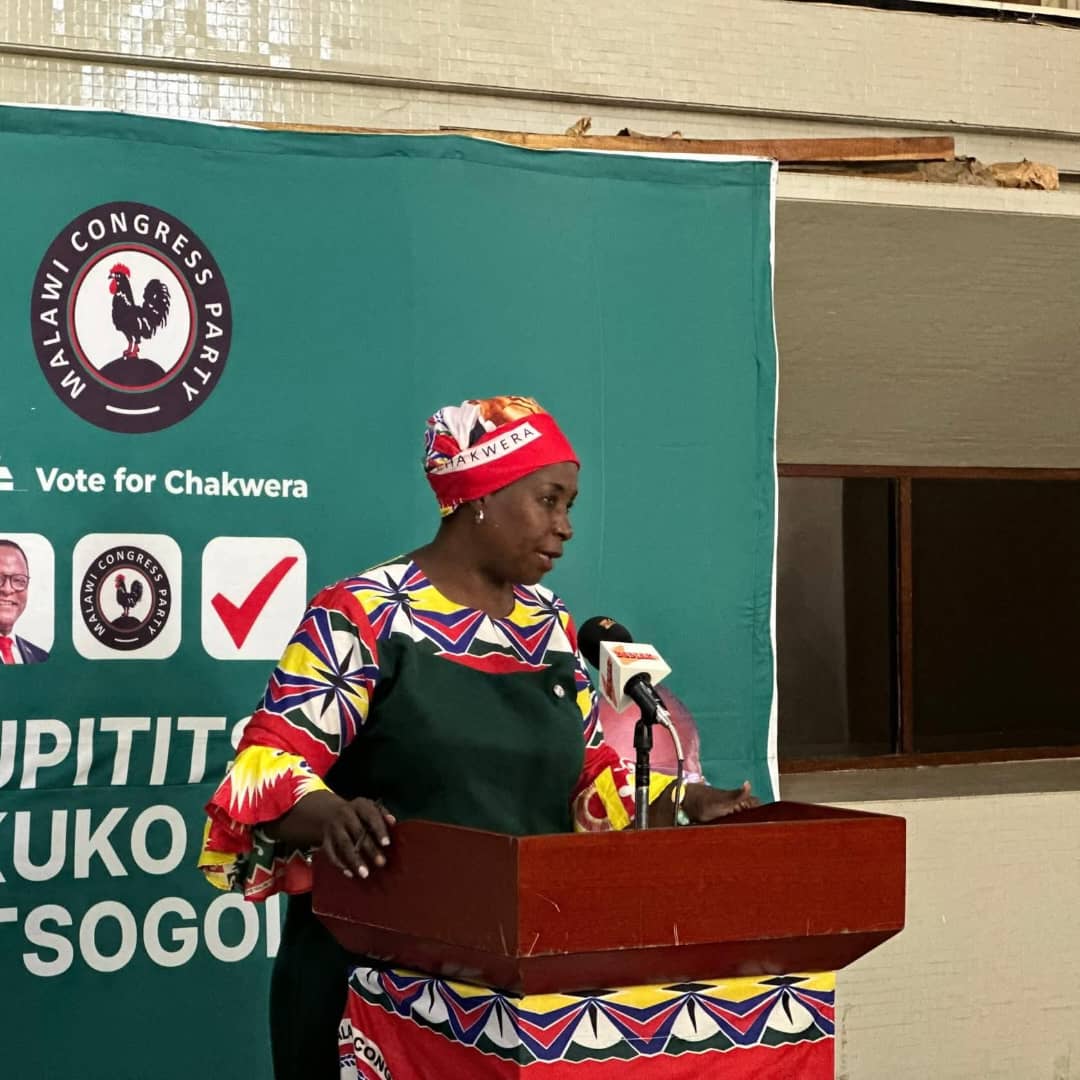The Malawi Congress Party (MCP) is currently advocating for a re-run of the recent presidential election, despite facing significant challenges that make victory highly unlikely. The party’s insistence on a re-run has stirred debates among political analysts and citizens alike, raising questions about the feasibility and legality of such a move.
MCP’s Stance on the Election Re-Run
Following the September 16 presidential elections, MCP has voiced concerns over alleged irregularities, calling for a re-run. Party officials claim that certain procedural and administrative issues affected the integrity of the vote, though independent observers have largely confirmed the credibility of the election process.Limpopo FM confirms Mutharika is 2025 presidential elections winner
Why a Re-Run is Unlikely to Favor MCP
Political analysts argue that the MCP faces long odds in a re-run for several reasons:
- Strong Lead by DPP: The Democratic Progressive Party (DPP) secured a commanding lead in key constituencies, demonstrating strong voter support.
- Declining Public Support: Polls suggest that MCP’s popularity has waned since the previous election, making a comeback difficult.
- Legal Hurdles: Challenges to the election results must pass through rigorous legal scrutiny, and courts typically require substantial evidence of irregularities to mandate a re-run.
Political Reactions
The MCP’s push for a re-run has drawn mixed reactions. Supporters view it as a legitimate fight for electoral justice, while critics argue that it may be a strategic move to delay the transition of power. Observers also warn that prolonged disputes over election results could affect national stability and investor confidence.
The Road Ahead
Despite MCP’s efforts, experts predict that even if a re-run occurs, the party’s chances of securing a win are slim. The political landscape favors the incumbent party, and voters appear ready to move forward.
For citizens and political watchers, the unfolding situation is a reminder of the importance of transparent elections, legal clarity, and respect for democratic outcomes.




